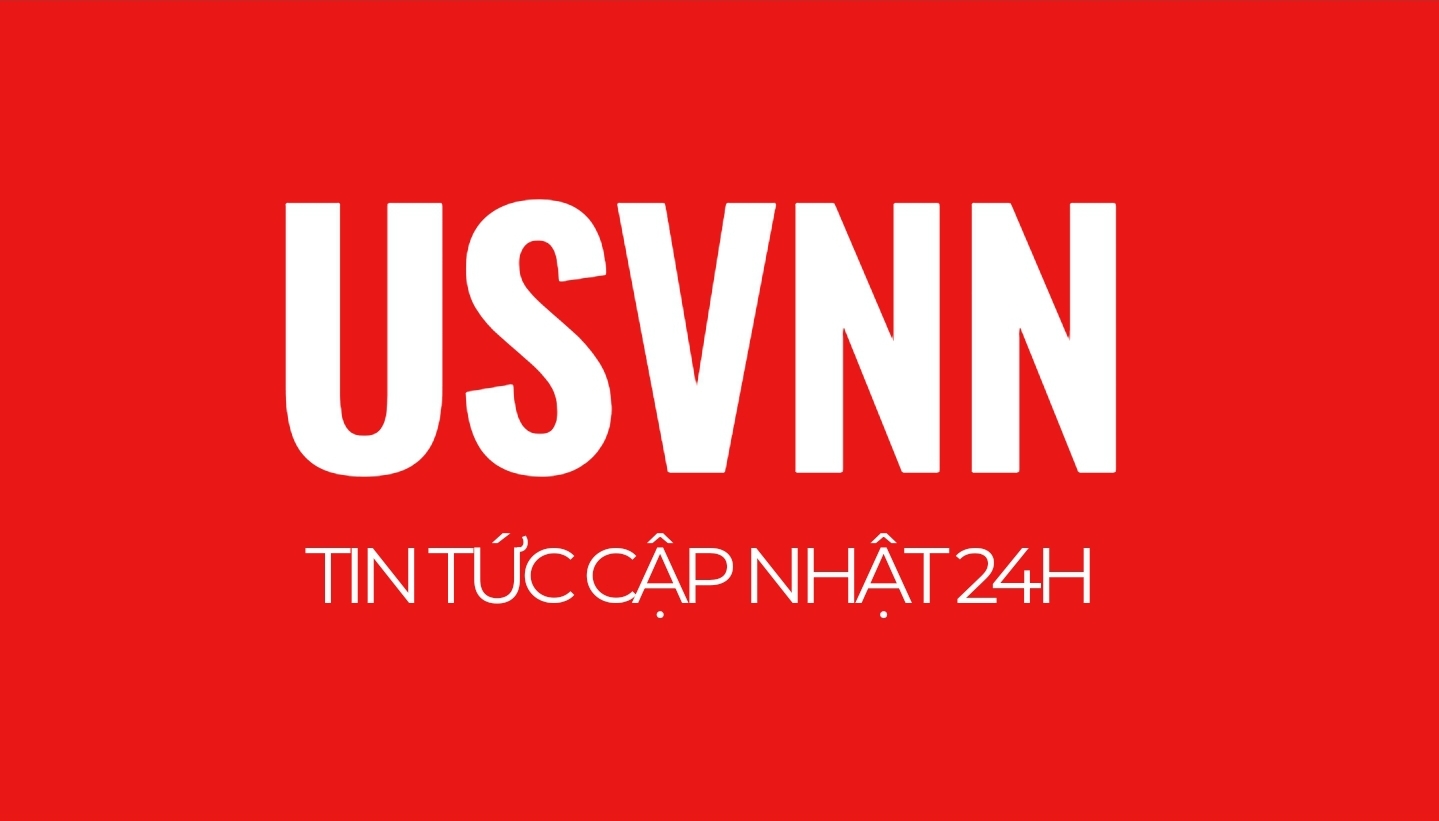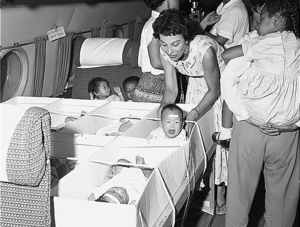Certainly! Here is a rephrased version of the English summary, rewritten in a journalistic style:
—
**South Korea Ends Private Adoptions in Historic Child Welfare Overhaul**
In a major policy shift, South Korea has announced it will fully nationalize its adoption system, ending decades of reliance on private agencies. Starting in mid-2025, all adoption procedures will come under direct government management, with the goal of strengthening child protection and ensuring greater transparency.
This landmark decision comes after years of mounting pressure and international criticism over South Korea’s history as one of the world’s largest senders of children for overseas adoption. Since the Korean War, well over 170,000 children—possibly up to 250,000—have been adopted by families abroad, primarily in the United States, Europe, and Australia. For decades, the adoption process in South Korea was largely handled by private, often unregulated agencies operating with limited government oversight. Instances of falsified records, unauthorized adoptions, and lost familial ties have tainted the system’s legacy, leaving many adoptees abroad struggling to uncover their roots.
In response to this painful history, the government is transferring all adoption-related responsibilities to public institutions. The Ministry of Health and Welfare will oversee the process, with local governments tasked with assessing whether adoption is in the best interest of each child. The new framework is enshrined in the Special Act on Domestic Adoption and the International Adoption Act—passed in 2023 and set to take effect in July 2025. These laws mandate that the state, rather than private intermediaries, will determine adoption eligibility, match children to families, and provide long-term support to adoptive households.
These reforms also lay the groundwork for South Korea’s long-pending ratification of the Hague Convention on Intercountry Adoption. Though the country signed the treaty in 2013, conflicting domestic laws delayed its entry into force. With the new legal framework now in place, the Convention will be fully ratified by October 2025, aligning South Korea with global standards designed to prevent child trafficking and coerced adoptions.
Implementing such sweeping changes is expected to be a complex process, further complicated by South Korea’s upcoming presidential election in June 2025. Political continuity and funding commitments will be vital. In parallel, the government plans to promote domestic adoption and improve social support for unwed mothers—addressing the factors that often lead to child relinquishment.
While international adoptions from South Korea have dropped dramatically—from nearly 9,000 per year in the mid-1980s to just 79 in 2023—domestic adoptions remain relatively uncommon, hindered by social stigma and a lack of systemic support for single-parent families.
Despite these ongoing challenges, the transition to a fully public adoption system marks a profound step toward accountability, child welfare, and national reckoning. For many adoptees seeking answers—and justice—it signals hope for a more transparent and humane future.


